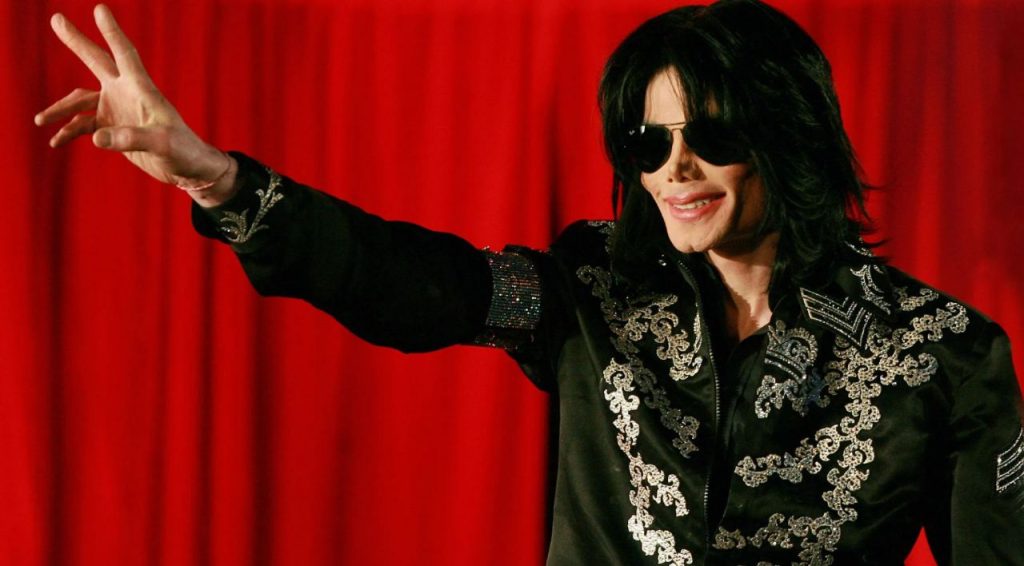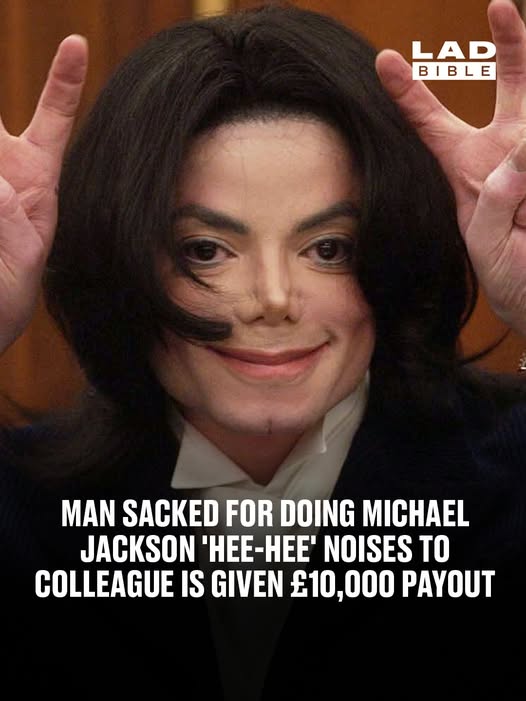Lucasz Zawadzski was dismissed from his role at a Co-operative warehouse in Manchester after a Black coworker, referred to as “SM,” accused him of making high-pitched “hee-hee” noises—alleged to mimic Michael Jackson towards him in December 2023. SM also claimed Zawadzski made “monkey noises” during the incident, prompting a report to management accusing Zawadzski of bullying and harassment.
His Version of the Events
In the tribunal, Zawadzski acknowledged that his behaviour was “embarrassing and juvenile,” but insisted it held no racist intent. He admitted to making “grunting and moaning” noises with another colleague, which he described as “orgasmic” and inappropriate for the workplace. However, he denied any monkey noises or impersonation of Michael Jackson, stating that his “high-pitched laugh” was never intended to offend or bully.

A Punishment Without Warning
Zawadzski was suspended and later fired under Co-op’s bullying, harassment, and discrimination policy. Yet, at the tribunal in Manchester, Employment Judge Carol Porter found that there was insufficient evidence proving Zawadzki’s conduct had caused distress to the colleague. Instead, the judge criticized the employer for acting without prior warnings and for assuming the employee knew such behaviours qualified as gross misconduct.
Tribunal Ruling: Unfair Dismissal
Judge Porter concluded that while Zawadzki’s conduct was clearly unprofessional and juvenile, it did not rise to the level of bullying or harassment due to the absence of any reported offense or complaints prior to the incident. Moreover, Zawadzski was not informed of the company’s zero-tolerance policy procedures nor given any warnings. As a result, his summary dismissal was ruled unfair.
Compensation Awarded
The tribunal ordered the Co-operative Group to pay over £10,000 in compensation to Zawadzski. However, given his admitted inappropriate conduct, the final amount was halved to £10,611.
Broader Implications for Workplace Policy
This tribunal highlights the delicate balance employers must strike between enforcing workplace conduct rules and protecting employees from unfair treatment. Employment law experts note that zero-tolerance policies, while important for preventing discrimination, must still include fair processes—such as clear warnings, documented evidence, and opportunities for employees to explain their actions. The absence of these steps was central to Zawadzski’s successful claim.
The Role of Context and Intention
Judge Porter emphasized that intent and context matter. While Zawadzski’s behaviour was undeniably childish, there was no proof of malicious or racist intent. Colleagues had reportedly engaged in similar banter without disciplinary action, which raised questions about consistency in the Co-op’s handling of workplace conduct. The tribunal concluded that such inconsistencies reinforced the case for unfair dismissal.

Impact on Employment Tribunals
Cases like this set important precedents for how future tribunals may interpret “offensive” or “inappropriate” behaviour. Employment law specialists argue that while professional standards must remain high, employees should not face termination without clear evidence of intent to harm or a history of prior misconduct.
Conclusion
Employers are encouraged to provide clearer guidance on behavioural expectations, while employees are reminded to maintain professionalism even during moments of workplace humour. The outcome illustrates how both sides benefit from clearer policies and fair disciplinary procedures—avoiding the reputational and financial fallout that can arise from disputes like this.

















